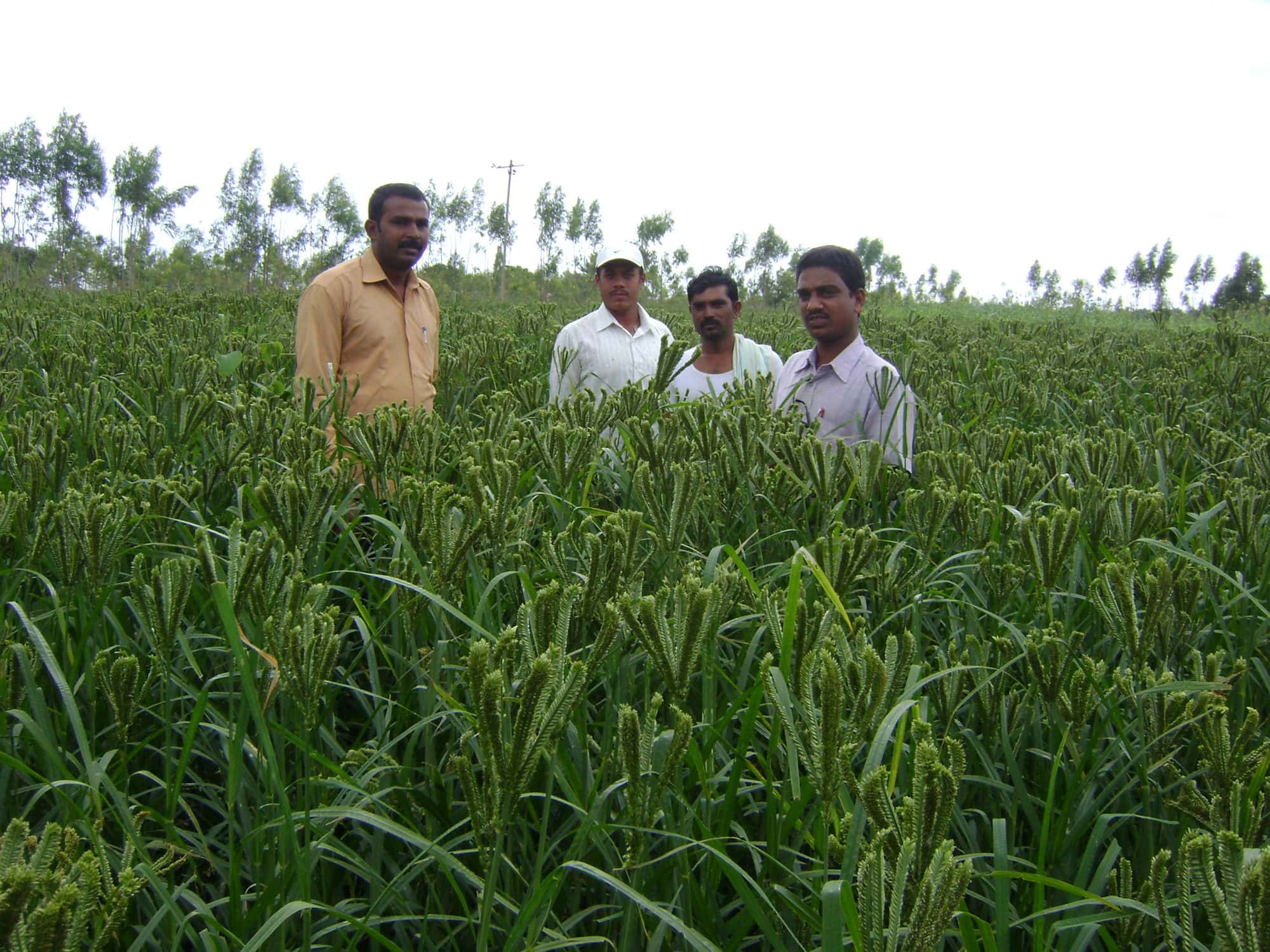Market Intervention Scheme (MIS)
The Market Intervention Scheme (MIS) is important initiative under the PM-AASHA scheme aimed at supporting farmers during price fluctuations of perishable agricultural commodities. The scheme is activated upon the request of State or Union Territory (UT) governments when market prices drop. This mechanism ensures that farmers do not have to sell their produce at distress prices.
Key Features of MIS
- The MIS is designed to protect farmers from price drops during bumper crop seasons.
- It specifically targets perishable goods such as tomatoes, onions, and potatoes.
- The scheme operates under specific conditions, including a minimum price drop threshold.
- The government has revised guidelines to enhance its effectiveness, allowing for increased procurement limits and flexible payment methods.
Conditions for Implementation
- MIS is applied only if market prices fall by at least 10% from the previous year.
- The procurement limit increased from 20% to 25% of production.
- States can either buy the crops physically or transfer the price difference directly to farmers’ bank accounts instead of procurement.
Support for Price Differences Between States
- If prices differ between producing and consuming states, the cost of transportation and storage will be reimbursed by NAFED, NCCF, and other agencies.
- Approval has been given to NCCF to transport 1,000 MT of Kharif tomatoes from Madhya Pradesh to Delhi.
Implementation Process
- The MIS is implemented by the Department of Agriculture and Cooperation.
- The National Agricultural Cooperative Marketing Federation of India (NAFED) acts as the central procurement agency.
- State-run agencies also participate in the procurement process, which continues until market prices stabilise above the Market Intervention Price (MIP).
Financial Aspects
- The financial burden of the scheme is shared equally between the central and state governments.
- In the case of North-Eastern states, the central government covers 75% of the losses.
- The scheme does not distribute grants but reimburses states for losses incurred during the implementation of MIS.
Commodities Covered
The MIS covers a wide range of perishable commodities. These include apples, garlic, oranges, grapes, and various spices. The scheme is particularly beneficial during periods of surplus production when market prices are low.
Role of State Governments
State governments must formally request the implementation of the scheme and are responsible for managing local procurement efforts. The scheme is only activated when there is price reduction, ensuring that it addresses genuine market distress.
Benefits to Farmers
Farmers benefit from the MIS through guaranteed minimum prices, reducing the risk of distress sales. The scheme aims to stabilize income for farmers and promote sustainable agricultural practices by ensuring they receive fair compensation for their produce.
Month: Current Affairs - February, 2025
Category: Government Schemes Current Affairs








